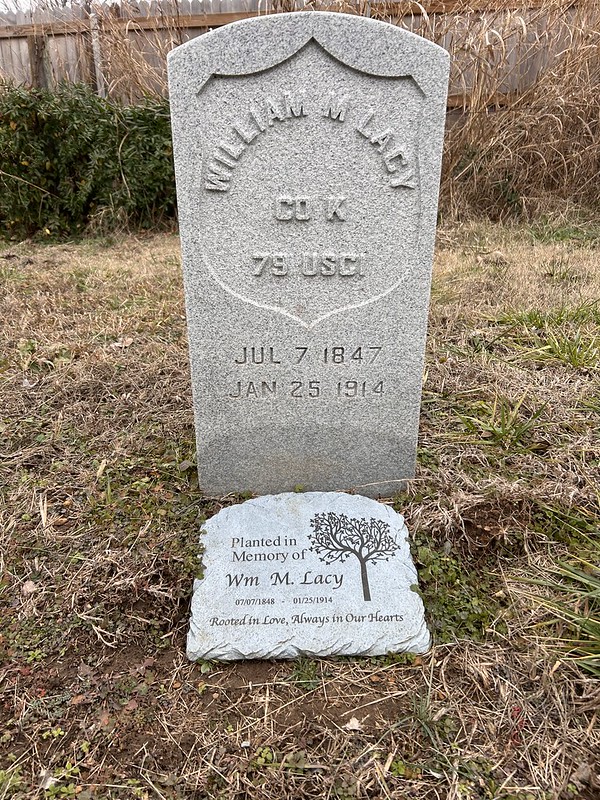I have a hobby called geocaching which involves finding objects hidden in various places by other people. Sometimes searching for the geocaches takes me to very interesting places and that happened recently when I was looking for a geocache in rural Oklahoma just east of the town of Broken Arrow. It was a cemetery.
It was a small place called the Thomas Smith Cemetery. The sign also said that it was started in 1902 by Mr. Smith from his allotment of 160 acres and that he was a Creek Freedman and also a Muskogee Creek Nation Citizen. The sign also said Muskogee Creek Indian Freedman Band. So I had a lot of questions like what is a Creek Freedman? What does it mean to be a Muskogee Creek Nation Citizen and who is the Muskogee Creek Indian Freedman Band.
So I turned to my friend, the internet and found out that a Creek Freedman was a black person, who was probably also a slave owned by a Creek Nation Citizen. These slaves were freed by the Emancipation Proclamation and according to a treaty with the United States soon thereafter, the Creek Nation agreed that the freedmen were to be members of the nation.
Later when the United States took away communal tribal land in Oklahoma, they allocated it to tribal members via the Dawes Commission. Things were rocked along until 1979 when the Muskogee Nation adopted a new constitution that among other things ejected the Freedman from the Muscogee Nation. Thus the Muscogee Creek Indian Freedmen Band was formed in order to advance the interests of the Creek Freedmen and regain citizenship with the Creek Nation. I got all this information from their excellent website. I hope I didn’t make too much of a hash of the information. Further I read that in September 2023 a Creek Nation Judge ruled that Freedman must be admitted as citizens of the Nation. I find the whole matter fascinating. The Nation is appealing the ruling.
I also found a 2021 press release from the Muscogee Creek Indian Freedmen Band announcing their acquisition of the Thomas Smith Cemetery. It provides a lot of historical information and discusses some of the people interred there.
The one I was most intrigued with was William Lacy, a one time slave who fought for the Union during the Civil War with the USCI which I found out was the “United States Colored Infantry.” There were also grave stones for people who fought in both world wars and the Vietnam War. Also interred there are people who who were affected by the Tulsa Race Massacre.
Who’d of thought that a very small country cemetery out in the middle of nowhere would have so much history packed into it including issues that are ongoing today?
Linking with My Corner of the World




